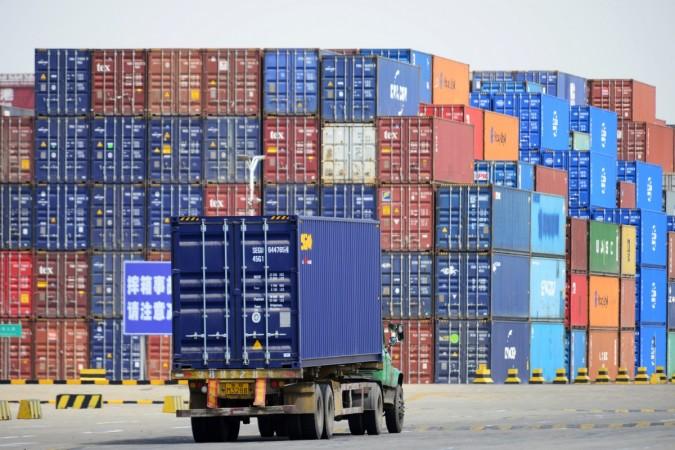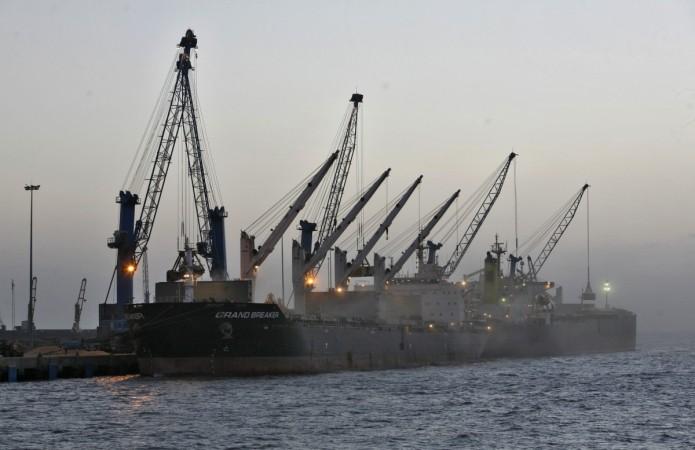Fifteen Asia-Pacific countries signed the world's largest free trade agreement, seen as an enormous coup for China in expanding its reach.
Together with China, Japan, South Korea, New Zealand, and Australia, the Regional Comprehensive Economic Partnership (RCEP) comprises 10 Southeast Asian economies, with participants responsible for about 30 per cent of global GDP.

As per official claims of the deal, RCEP is a new inclusive, high-quality, and mutually beneficial economic partnership agreement between the ASEAN member states and their FTA (Free Trade Agreement) partners. The combined GDP of all the signatory countries stands around $ 26 billion.
As per a report in AFP, the deal was eventually signed at the end of a Southeast Asian summit, first proposed in 2012, as leaders push to get their pandemic-hit economies back on track.
Chinese Premier Li Keqiang said, "Under the current global circumstances, the fact the RCEP has been signed after eight years of negotiations brings a ray of light and hope amid the clouds. It clearly shows that multilateralism is the right way, and represents the right direction of the global economy and humanity's progress."
The deal to reduce tariffs and open up trade in services within the bloc does not involve the United States and is seen as a Chinese-led alternative to a now-defunct commercial initiative in Washington.
Why did India opt-out?
As talks failed to resolve its core issues, India pulled out of the China-backed trade agreement. There were risks of circumvention of the rules of origin due to the difference in tariffs, the inclusion of a fair agreement to deal with trade deficits, and the opening up of services.

Moreover, the deal would have considerably reduced the import tariff along with simpler service and investment laws, on 80 to 90 percent of the products. Industry experts have contested that a reduction in customs duties would lead to a flood of imports, especially from China, with a massive trade deficit. There was also an increase in India's trade deficit with other RCEP countries.

















